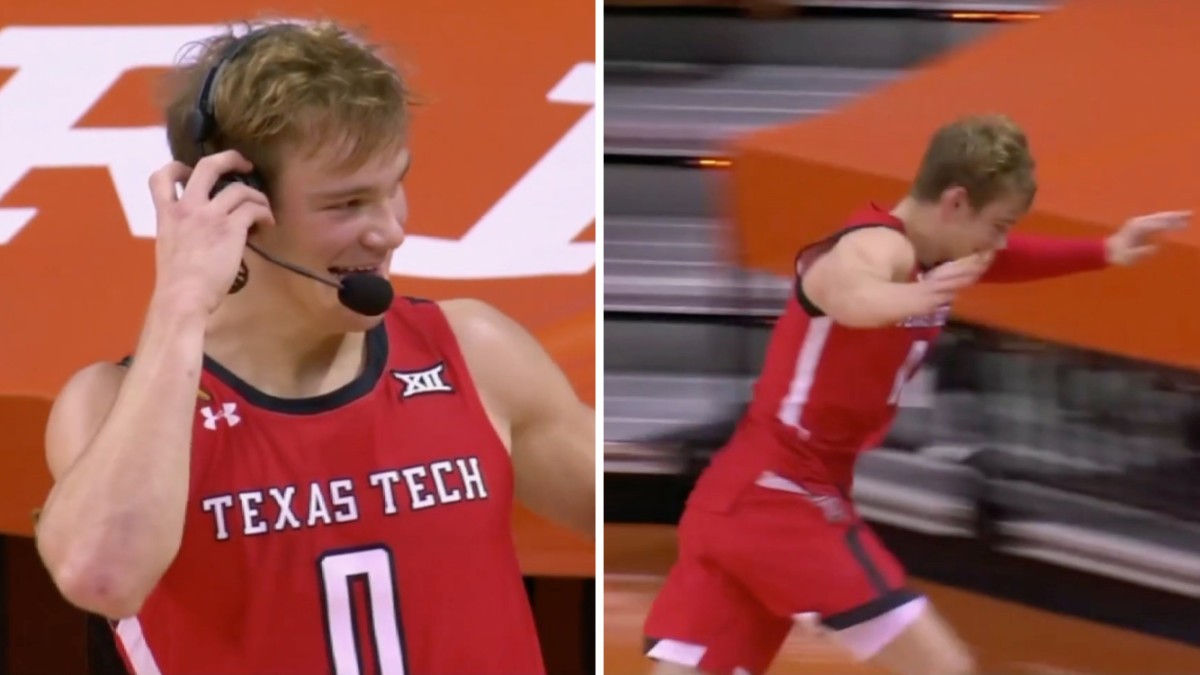

13 Both in vitro and in vivo studies 9, 14–17 have been conducted to answer various questions regarding how volatile anesthetics impact immunity.

Furthermore, the volatile nature of these compounds extends their influence to not only the immune system of the patients, but also that of the physicians, nurses, and other personnel in the perioperative setting. Volatile anesthetics play a significant role in clinical anesthesia throughout the world. This review focuses on the effects of inhalational anesthetics, specifically volatile anesthetics, on the immune response. A clearer understanding of these issues will pave the way for clinical guidelines that better account for the impact of volatile anesthetics on the immune system, with the ultimate goal of improving perioperative management. Potential mechanisms of immunomodulation by volatile anesthetics are also discussed. This review provides a balanced perspective on the anesthetic modulation of innate and adaptive immune responses as well as indirect effectors of immunity. Depending on the clinical conditions, immunosuppression and activation due to volatile anesthetics can be either detrimental or beneficial. While many of these studies have focused on the immunosuppressive effects of volatile anesthetics, compelling evidence also exists for immunoactivation. The impact of volatile anesthetics on the immune system has been investigated at both mechanistic and clinical levels, but previous studies have returned conflicting findings due to varied protocols, experimental environments, and subject species. Volatile general anesthetics continue to be an important part of clinical anesthesia worldwide.


 0 kommentar(er)
0 kommentar(er)
